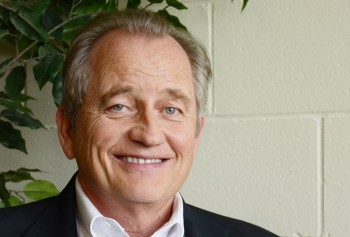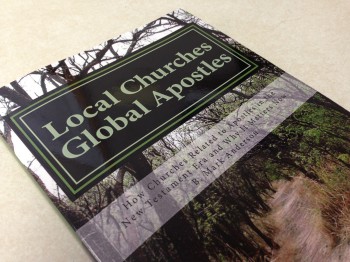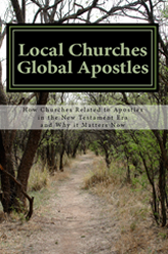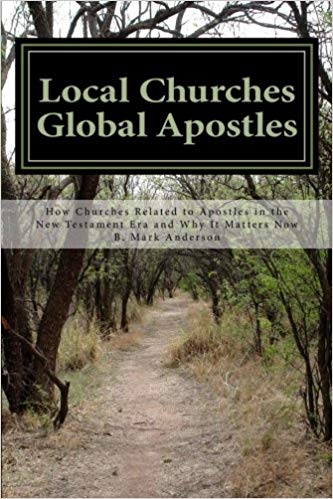The Lord of hosts is with us; the God of Jacob is our stronghold (Psalm 46:10).
I am intrigued by the God of Jacob. Just Who is this God of Jacob? How is He different from the God of Moses or the God of David? Of course, He is the same One True God, but there must be some variation. The mystery of the God of Jacob fascinates me.
God Loved Jacob
To unravel the mystery of the God of Jacob, let’s focus first on the fact that God loved Jacob (Psalm 47:4; Mal 1:2; Rom 9:13). Repeated three times in Scripture, we find an emphatic statement: God really loved Jacob!
But Jacob was a rat! His name means “heel-grabber,” “trickster,” or “supplanter.” He stole, yes stole his brother’s birthright and gained the coveted blessing of the first-born by fraud, lying, and deceit. He was not a nice fellow to be around.
Still, God loved Jacob! That’s the alluring part of the mystery. This always give me hope. If God can love a guy like Jacob, He can love you and me!
God Showed Jacob Favor
Further, God’s love for Jacob was no hidden love affair. God showed special favor on this cheater time after time and in remarkable ways.
The God of Jacob chose the little fellow in the womb to be stronger than his brother and to be lord and leader of his brother. This title shows God as the God of Sovereign Election. God elected Jacob and He has elected to bless us as well. His sovereign choice is to bless His people.
The God of Jacob did not discipline Jacob when we think He should have. Jacob tricked his father, stole his brother’s birthright, and got away with it. Then God blessed him! It doesn’t seem right. How could this be? What does this show about the God of Jacob?
(Hint: God’s choice not to discipline Jacob at this time shows His nature. He is both patient and resolute. Seven years would pass before God would feed Jacob some of his own medicine. Through a phony marriage, the Lord chose to severely discipline and train Jacob the deceiver through an even greater deceiver, his father-in-law, Laban.
God appeared to the fugitive runaway as he fled Esau’s threats. God promised inheritance, blessings on the world (!), prosperity, and protection. He conferred the blessing of Abraham on this scoundrel. Wow! When we mess up, “The God of Jacob is our refuge” (Psalm 46:10). Count on it! We too are in the covenant line of Abraham.
The God of Jacob gave him Rachel, a wife he genuinely loved.
He blessed him with many children.
The God of Jacob greatly increased his sheep business and made him exceedingly prosperous (Gen 30:43).
The God of Jacob directed him with personal dreams. Can we expect Him to do the same for us?
God protected him by giving Jacob’s adversary a dream. In the dream God told his adversary to “shut up” about Jacob and “Don’t tell him anything bad” (Gen 31:24).
The God of Jacob wrestled with him, but chose not to prevail!
The God of Jacob let him see His face without taking his life (Gen 32:30).
God graciously changed Jacob’s name and nature from a taker to a giver.
The God of Jacob gave him favor with his former enemy Esau.
God went with him wherever he went (Gen 35:3).
The list could continue as God gave Jacob a long and blessed life preserving him from famine and allowing him to see his grandchildren.
The Significance of the God of Jacob for us
What the God of Jacob did for this man He will do also for us. We too, as people of faith, are in the covenant of Abraham. We can expect the God of Jacob to bless us even when we blow it! What he did for Jacob, He will do for us. Who He was to Jacob, He is for us!
At the end of his life, perhaps just hours before he died, Jacob coined the phrase “the Mighty One of Jacob” under the inspiration of the Spirit. The Bible emphasizes this title by using it about fourteen times. God had appeared to him as El-Shaddai (the Mighty One). Now Jacob claims the name for himself. How personal, how significant!
We can do the same. I’ve been thinking about the God of Jacob and how He favored this man. I am claiming the use of this title for myself. I am beginning to call the God of Jacob “the Mighty One of . . . Mark!”
Can you put in your own name? The God of Jacob has become “the Mighty One of _______________!
















